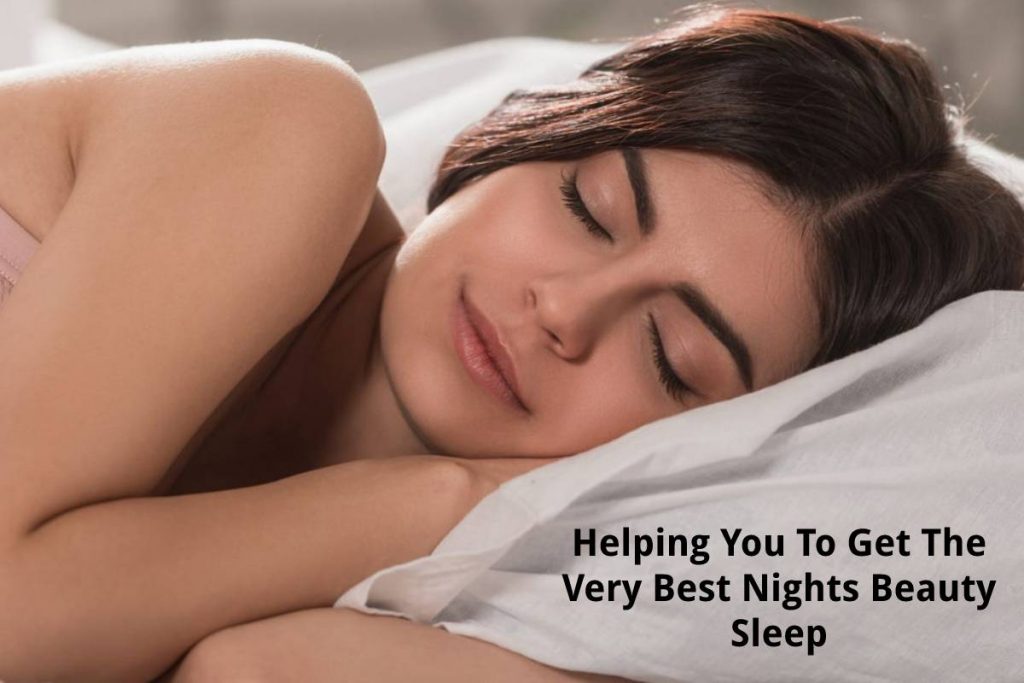Beauty sleep isn’t a myth—getting enough quality shut-eye is essential for maintaining healthy skin. But getting a good night’s sleep isn’t always easy, and that then leaves you feeling groggy and low energy the following day, not to mention making it tough for you to be glowing with health!
Thankfully, there are things that you can do to help you get a great night’s sleep. From silk bedding through to a calm and relaxing environment, there are things that you can do to help you get a good night’s sleep.
Here are our top five suggestions.
Table of Contents
Consider Silk Bedding
If you’re looking for the best beauty sleep possible, investing in some quality silk pillowcases is definitely worth it. You’ll wake up feeling rested and looking refreshed, with beautiful skin and hair to match. A 10% pure mulberry product such as the Poshey silk pillowcase is perfect for restful and peaceful sleep.
Why Mulberry silk?
A Natural Product
The properties of Mulberry silk are ideal for hair, skin, and wellness. Mulberry silk pillowcases include natural Thermoproteins that are unique to silk and help maintain the moisture of your hair and skin and help reduce fine lines. Mulberry silk materials have a luxurious luster, making them highly desirable in fashion products and perfect for bedding.
Look for High-Quality 22-Momme Silk.
Mulberry Silk Pillowcases are made of the highest quality 22-Momme silk material. They are durable, absorbent, and soft. A great night’s sleep will help you recover from fatigue and make you get up with a fresh face and clear mind.
Mulberry silk is said to give you sleep quality comparable to a three-star hotel. The high-quality mulberry silk material has been proven to be highly beneficial to skin and hair health. What’s more, it feels like sleeping on a cloud with its high-quality softness and breathability.
Silk Pillowcases Protect Your Skin
it’s like giving yourself a facial treatment even before you go to sleep—making sure that you wake up feeling refreshed, young, and beautiful.
Prevent The Loss of Protein in the Hair
Sleeping on a silk pillowcase will help prevent protein loss in the hair shaft due to reducing friction during the night. For several reasons, silk is ideal for hair: first, it has no kink, so there’s no hair tangling. Second, it has very little friction, so there is minimal damage to the structure of each strand. Third, it does not absorb moisture (which dries out the hair). Instead, silk absorbs moisture but then releases it into the air (preventing dandruff).
Establish a regular sleep schedule
And stick to it as much as possible! Going to bed and waking up at roughly the same time each day will help regulate your body’s natural sleep rhythm and make it easier to fall asleep and stay asleep.
The amount of sleep needed differs from person to person, but most adults need between 7 and 8 hours per night. Getting too much sleep can actually be just as harmful to your beauty as getting too little. That’s because oversleeping can cause puffy eyes, dark circles, and a dull complexion.
Create a calm and relaxing bedroom environment
Make sure your bedroom is dark, cool, and free from any distractions or sources of noise that could disturb your sleep.
If you live somewhere where background noise is a constant issue, consider investing in a white noise machine to help you drift off to sleep. These devices emit calming sounds like rainfalls or ocean waves, which can help to block out disruptive noises and promote relaxation.
Follow a healthy diet and avoid caffeine and alcohol before bed.
Eating foods that are high in sugar or fat can make it more difficult to fall asleep and stay asleep. Likewise, consuming caffeine before bed can disrupt your sleep patterns and leave you feeling groggy the next morning.
Avoid drinking alcohol before bed. Although alcohol may make you feel drowsy at first, it can actually interfere with your sleep later on in the night. If you’re struggling to sleep, avoid drinking alcohol in the evening altogether.
Limit your exposure to blue light in the evening.
Blue light is a type of light that’s emitted by electronic screens, such as TVs, computers, and phones. This type of light can disrupt your body natural sleep-wake cycle and make it more difficult to fall asleep.
To avoid this, try to limit your screen time in the evening and avoid using electronic devices for at least an hour before bed. If possible, avoid having your phone next to your bed, as this will help you avoid checking social media and emails when you should be sleeping!
